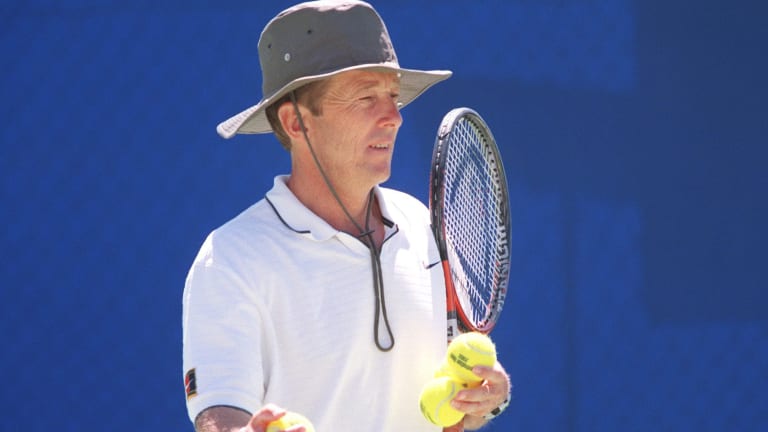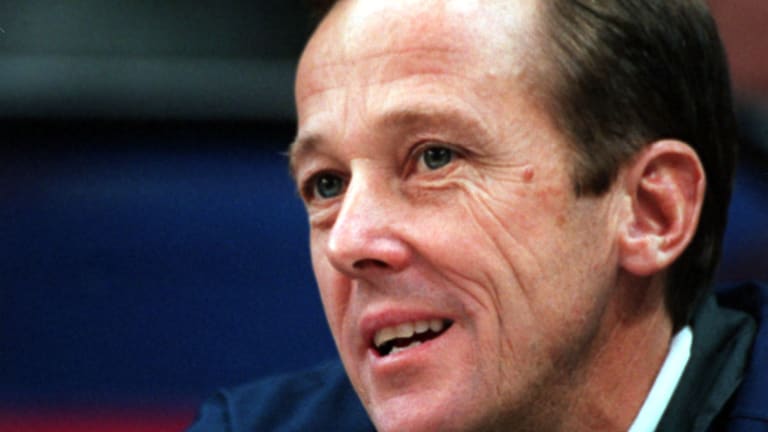Remembering Bob Brett, 1953-2021: The Aussie Coach Who Went Global
By Jan 05, 2021ATP Shanghai, China
Novak Djokovic makes winning return to action over Marin Cilic at Shanghai Masters
By Oct 03, 2025Davis Cup
Corentin Moutet overcomes Marin Cilic in tense Davis Cup clincher to send France to Final 8
By Sep 13, 2025Davis Cup
Davis Cup Preview: Fritz, Tiafoe lead USA against Czechia in Delray Beach
By Sep 10, 2025Wimbledon
Wimbledon carnage! Only three projected fourth-round matches hold up in singles draws
By Jul 05, 2025Wimbledon
Jack Draper fumbles the British crown, and the Iga Swiatek of old makes a comeback
By Jul 03, 2025Tennis.com Interview
Marin Cilic never lost belief he could build himself back up to another major moment
By Jul 03, 2025ATP Challenger Tour
Marvelous in Modena: Carlos Taberner wins Sassuolo Challenger
By Jun 23, 2025Ranking Reaction
Jack Draper secures Top 4 seed at Wimbledon after rising back to career-high ranking of No. 4
By Jun 23, 2025The Tennis Traveler
Alexandra Eala, Dan Evans and Chris Eubanks trade red clay for green grass
By Jun 01, 2025Remembering Bob Brett, 1953-2021: The Aussie Coach Who Went Global
To take in the breadth of personalities and playing styles that Brett coached reveals his ability to connect in a meaningful way with just about anyone who held a racquet.
Published Jan 05, 2021
Advertising

Remembering Bob Brett, 1953-2021: The Aussie Coach Who Went Global
© Bongarts/Getty Images
Advertising

Remembering Bob Brett, 1953-2021: The Aussie Coach Who Went Global
© Getty Images